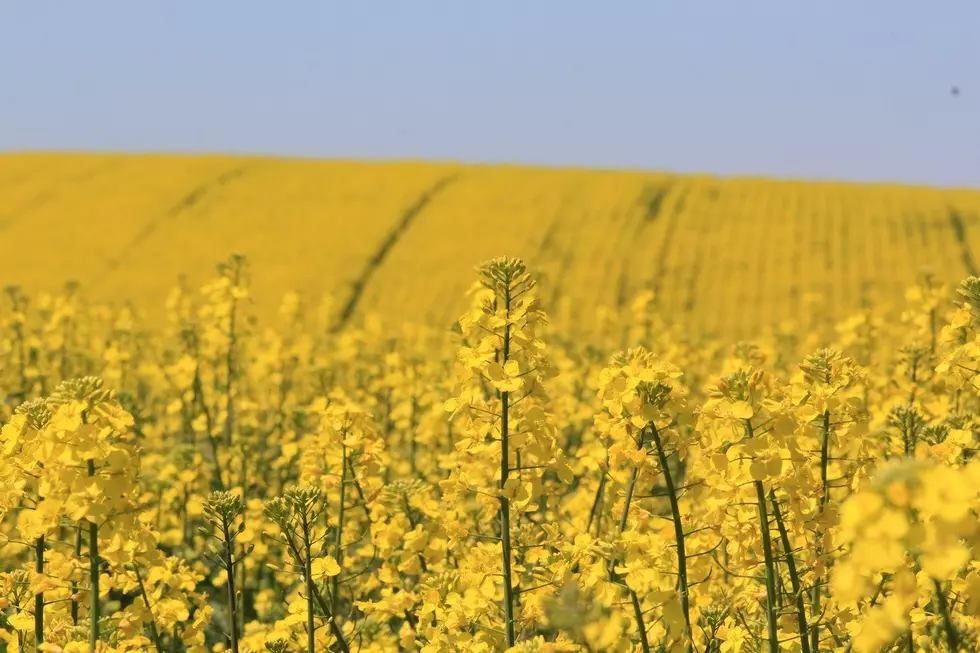
Canola Acreage Expected To Continue To Grow
Over the past five years, canola acreage across the Northwest has grown at a fairly consistent rate. One of the few exceptions was reported between 2021 and 2022, but Karen Sowers, Executive Director of the Pacific Northwest Canola Association said that flat trend was not due to demand, but rather due to weather the region experienced last spring. But she expects interest to pick up again in 2023.
“Demand is not going away whether it's for the meal for livestock or the oil for human consumption, edible oil, or the obviously the thing coming on board that you're hearing a lot more about recently is renewable diesel. There're facilities being built that want to take canola oil as a feedstock for renewable diesel and that's driving even more demand.”
Sowers said it’s not just market demand that’s pushing acres higher. She noted growers continue to learn about the benefits canola offers to their operation.
“[And they] continue to learn more about that and a rotation-based scenario, not just a one-year thing, and see the following crop being better yield if it's a wheat crop following canola, in a lot of situations, or whether it's the insect pest, or disease spectrum, or weed control is a big one.”
Sowers added as long as local crushing facilities continue to expand, or open, growers will continue to work to meet growing demand, not only in the U.S., but internationally as well.
If you have a story idea for the PNW Ag Network, call (509) 547-9791, or e-mail glenn.vaagen@townsquaremedia.com
More From 102.7 KORD









